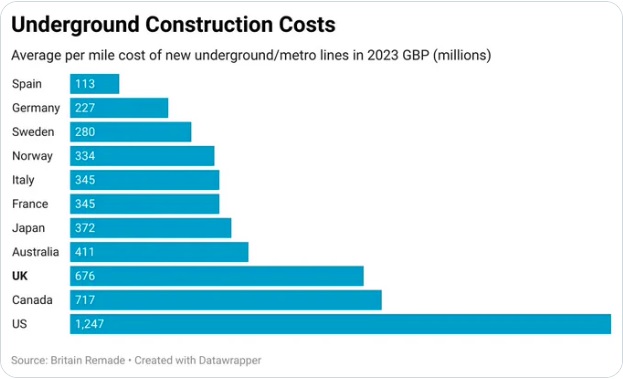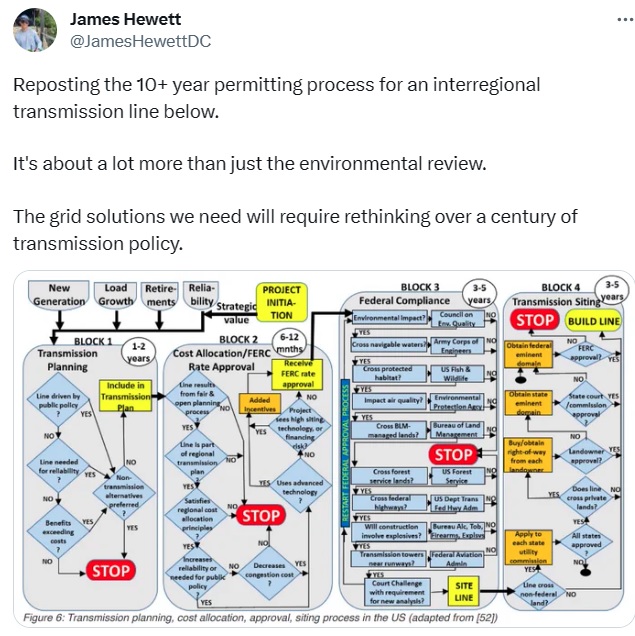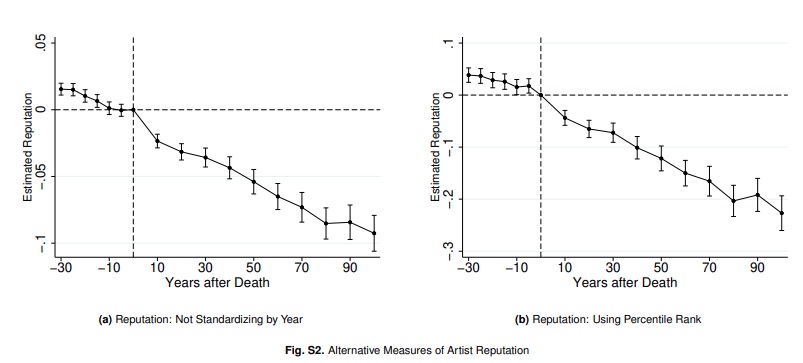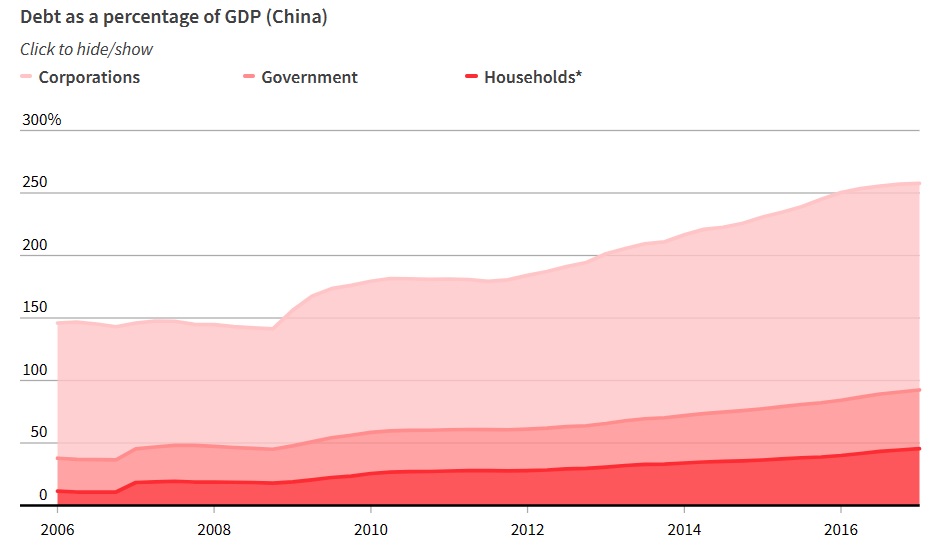We caused a bit of a ruckus buying 17 boxes of smoked salmon at Bartell’s earlier in the week. When we write “ruckus” we mean we had a friend-in with the only two workers in the store: Jaí, the guy working the register and Crystal, the security guard. Let’s put aside it’s a bit sad that a store in a gentrified neighborhood of Seattle feels the need to employ a security guard. Let’s also not point out that Crystal seemed so nice and friendly we have a hard time imagining her securing anything from anyone. Instead let’s celebrate these two kind and friendly folks. Jai is an immigrant from India who was amused and amazed we were buying so much smoked salmon. When we explained to him we were buying them as gifts, he was absolutely tickled. He says he loves smoked salmon and thought we were so kind to be giving them away. Jai and I started talking about India and he said most of the Indians in the Seattle area are wealthy from working in the tech industry. He, on the other hand, informed me he is working multiple jobs, including at Bartell’s, but also at a grocery store.
Meanwhile, Crystal came to Seattle from Los Angeles via Vegas. She, too, could not have been kinder. She loves Seattle and says this is where she plans to stay the rest of her life. No exciting Vegas or glamourous L.A. for her, she’s just fine in the Pacific Northwest. We’re on a top secret mission for NASA* next week (that may or may not involve salmon) so the next International Need to Know will arrive on September 14 (how is it already September?). While we’re gone be as kind to each other as Jai and Crystal were to us. And in kind we provide you more evidence of America’s high infrastructure costs, whether artists are more popular dead or alive and why China’s government isn’t helping households. It’s this week’s International Need to Know, spawning helpful international information, swimming upstream to fertilize good international data.
*Or maybe it’s the NBA, we always get those two confused
Without further ado, here’s what you need to know.
UK High Infrastructure Costs (US is Higher!)
This is International Need to Know not U.S. Need to Know (though we’ve trademarked USNK and USNN just in case) but in reading through an interesting thread by Sam Dumitriu (no relation) about how screwed up the U.K. is in building infrastructure, we couldn’t help but notice in one of his graphs he proves the point we’ve been making for years about America— it costs two to three times more and takes far longer to build such infrastructure in the United States than it does in Europe and Japan with no commensurate benefits to the environment and labor. The graph below focuses on underground construction costs but we could display similar charts for roads, transit and other infrastructure. The Achilles Heel of the Biden Administration’s IRA and other spending initiatives to address climate change and build up industry is that the money won’t go nearly as far as they think and it will take far too long to build the necessary infrastructure. This includes updating the electric grid, building solar and wind farms and all the rest of the initiatives proposed by Biden and passed by Congress. Much of the problem is regulatory. Finally this year some members of Congress and the Biden administration are working to address this issue by streamlining permitting. Let’s hope it doesn’t take them as long to pass necessary legislation as it does to build in the United States. So Mr. Sam Dumitriu, if only the U.S. were as good as Britain (which is quite bad!) at infrastructure.
Dead Letter Artists
Not long ago we saw a photo posted on social media of a group of the biggest movie stars from about 80 years ago. We imagine at the time it must have been a heckuva photo. These folks were some of the most famous in the world and you could kind of see this knowledge on their faces. They knew they were big time and felt the photo of them all together was special. But today most people would recognize nary a face in that photo. So we read with interest this week a new paper titled, “The fragility of artists’ reputations from 1795 to 2020*” which works to determine whether “artists are more or less venerated after death.” The authors find that an artist’s reputation is highest right after dying, “after which it declines, losing nearly one standard deviation every century.” Those artists who die younger than the age of 40 maintain their reputation after death for longer than those who die after the age of 70. But after about forty years even the James Deans of artists’ reputations start falling too (25-year-old Editor: Who? INTN: Never mind). There is no difference between men and women artists in terms of fall of reputation after death, both sexes fare equally badly over time. So, for any artists out there reading this, thank you for your service, you will soon be forgotten.
*Artists from 1794 are highly offended
China Corner: Why Isn’t China Helping Households?
Last week we explained China’s economy has slowed but is not collapsing. This week we see people wondering why China’s central government is not helping households and bailing out indebted local governments. Some think these two are related. China, as we explained in our book, has a debt problem. We wrote then that China “is the highest indebted emerging market economy in the world.” That remains true today. Much of that debt is centered in the local provincial level (often in the form of state-owned businesses) to the total of 100 trillion renminbi (about $138 billion US dollars). China’s central government which appears to have a little over US$3 trillion in reserves can certainly bail out these local governments and the various companies in distress and eventually will have to. But Xi Jinping is essentially a U.S. conservative Republican. Which gets to why so far China’s central government is not helping households more during the economic slowdown. Xi is concerned about “welfarism.” He believes creating a stronger social safety net, for example, will lead to laziness in the people and China won’t meet its ambitious strategic industrial goals. At some point, China will need to shore up local governments and it would be smart to build up its social infrastructure. We don’t think China is going to collapse but it’s more likely to happen if it doesn’t take these two measures.





